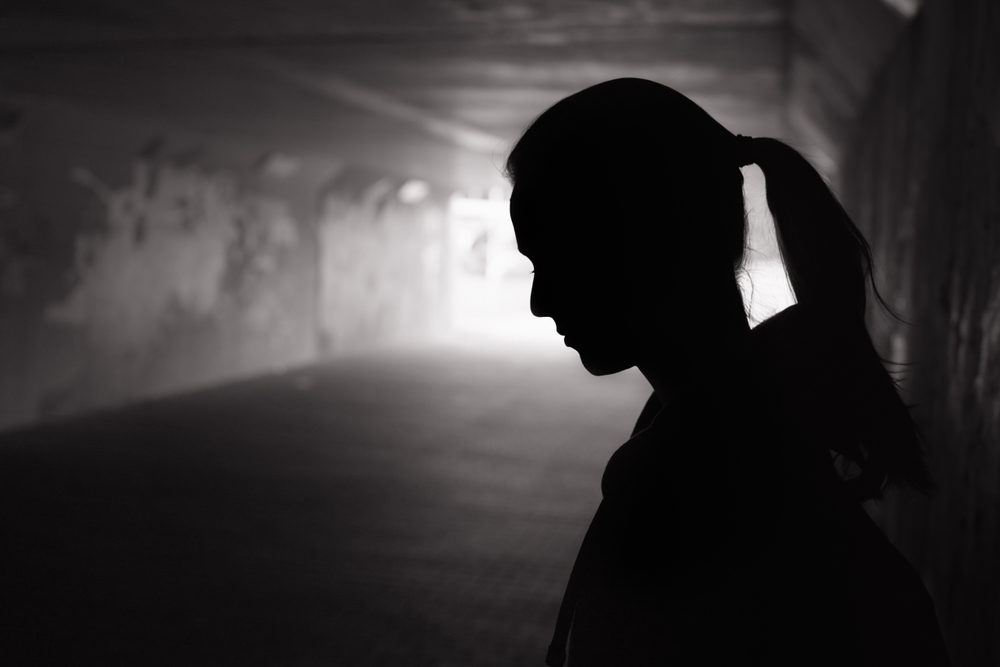
BALTIMORE, MD – Thirty-nine former residents of Good Shepherd Services, a residential facility for troubled children in Halethorpe, Maryland, have taken legal action against three Maryland agencies and the Catholic order that owned and operated the facility. The lawsuits allege that the state’s Department of Juvenile Services, Department of Human Services, and Department of Health failed to monitor the program, resulting in sexual abuse of children by guards, counselors, teachers, nuns, and priests.
Unimaginable Sexual Abuse Allegation Against Good Shepherd Services
The lawsuits, filed Tuesday, March 12, 2024, in Baltimore Circuit Court, target the state’s Department of Juvenile Services, Department of Human Services, and Department of Health. The agencies are accused of placing children in the privately-run Good Shepherd Services program and failing to properly monitor the facility, which was operated by the Catholic order Sisters of the Good Shepherd Province of Mid-North America from 1970 until its closure in 2017.
The plaintiffs, ranging in age from 23 to 55, recount horrific allegations of abuse spanning four decades. According to the complaints, staff members routinely bribed and groomed children before sexually assaulting them in bedrooms, confinement cells, classrooms, and offices. Some perpetrators even drugged their victims to facilitate the abuse.
Survivors Speak Out After Decades of Sexual Abuse
E.M., a 27-year-old woman who was sent to Good Shepherd at age 15, recounts a harrowing experience: “Every day there, I lived in fear. It was like being in Riker’s Island. It was no place for a kid, no place for children who needed professional help.”
The lawsuits describe a toxic environment where children were incentivized to fight each other for basic necessities like food and hygiene products. E.M. recalls staff withholding these essentials and placing “bets on us fighting each other like we were pit bulls.”
But the abuse went far beyond neglect. E.M. says a man in his mid-20s sexually assaulted her multiple times after luring her with food from McDonald’s and a cellphone.
A History of Oversight Failures at Religious-Owned Youth Facility
This is not the first time Good Shepherd Services has faced scrutiny. In 2016, The Baltimore Sun reported that several state agencies had stopped sending children to the facility after regulators cited it for a lack of supervision following a sexual assault and reports of overdoses.
The lawsuits allege that state agencies knew or should have known about the rampant abuse occurring at Good Shepherd but failed to take appropriate action.
In a joint statement, the departments of Health, Human Services, and Juvenile Services stated that they take allegations of child sexual abuse seriously and work to ensure the safety and well-being of children in their care. However, they had not been served with the lawsuits at the time of the statement.
Sexual Abuse Lawsuits Seeking Accountability
The complaints filed Tuesday are among the first to leverage Maryland’s recently enacted Child Victims Act, which lifted previous time limits for survivors to sue perpetrators and the institutions that enabled their abuse.
The lawsuits charge the agencies with negligence, negligent hiring, and cruel and unusual punishment. They seek to hold the state accountable for the “physical, emotional, and psychological trauma” endured by the plaintiffs, which they will be forced to live with for the rest of their lives.
As more survivors come forward, the true extent of the abuse at Good Shepherd Services and the state’s failure to protect vulnerable children may finally come to light.
Unveiling Legal Options: Maryland Sexual Abuse Lawsuits and Victim Support
In light of the recent lawsuits, attorneys Laurence Banville and Aaron Blank, Esq. discuss the legal options available to victims of sexual abuse in residential juvenile facilities. They provide valuable insights into the process of filing a civil lawsuit, the types of damages that can be sought, and the role of an attorney in building a strong case. With recent updates to the Maryland statute of limitations, survivors may have the opportunity to seek justice and hold those responsible accountable for their actions.
Laurence Banville, Esq. (LB): Hello, Aaron. Thank you for joining us today to discuss legal options for survivors of sexual abuse, particularly those who have experienced it in residential youth rehab facilities. Today, we’ll focus on what victims can do with a civil case against liable parties. Can you provide some guidance for these individuals?
Aaron Blank, Esq. (AB): Absolutely, Laurence. I’m glad to be here and help provide some clarity for those who may be seeking justice.
LB: In general, what steps should a victim take if they want to pursue a civil case against those responsible for their abuse in a residential juvenile facility?
AB: First, it’s essential to consult with an experienced sexual abuse attorney who can guide you through the process. They will help you understand your rights and the legal options available to you. This may include filing a civil lawsuit against the facility, its staff, or any other parties who may have contributed to the abuse.
LB: What kind of damages can victims seek in a civil case?
AB: Victims can seek compensatory damages, which include both economic and non-economic damages. Economic damages may cover medical expenses, therapy costs, lost wages, and other financial losses resulting from the abuse. Non-economic damages may include compensation for pain and suffering, emotional distress, and loss of enjoyment of life. In some cases, punitive damages may also be sought to punish the defendant and deter similar behavior in the future.
LB: How long do victims have to file a civil lawsuit?
AB: The statute of limitations varies from state to state. In Maryland, the Child Victims Act lifted the previous time limit for survivors to sue perpetrators and the institutions that enabled their abuse. This means that survivors can now file a civil lawsuit at any time, regardless of when the abuse occurred. However, it’s still crucial to consult with an attorney as soon as possible, as there may be other deadlines or requirements to consider.
LB: What role does the attorney play in building a strong civil case?
AB: An experienced sexual abuse attorney will help gather evidence, interview witnesses, and work with experts to build a strong case. They will also handle communications with the defendant and their legal team, allowing the victim to focus on their healing and recovery.
LB: Lastly, how can victims find the right attorney to represent them in a civil case?
AB: Victims should look for an attorney who has experience handling sexual abuse cases, particularly those involving residential juvenile facilities. They should also feel comfortable with their attorney and confident in their ability to provide compassionate, effective representation. It’s a good idea to schedule consultations with several attorneys to find the best fit for your needs.
LB: Thank you, Aaron, for providing valuable insights into the civil litigation process for victims of sexual abuse in residential juvenile facilities. Your expertise and guidance will undoubtedly help many survivors seeking justice and healing.
Don’t Face Your Journey Alone: Contact Us for a Free Consultation
If you or a loved one has been a victim of sexual abuse in a residential juvenile facility, know that you are not alone. Our team of experienced attorneys is here to help you navigate the legal process and seek the justice and healing you deserve. We offer free, confidential consultations to discuss your case and explore your legal options. Don’t hesitate to reach out to us for the support and guidance you need during this challenging time.
Sources:
39 people sue agencies over alleged sex abuse at Baltimore County youth facility

Mr. Banville is a personal injury attorney who has experience in handling auto accidents, work injuries, medical malpractice, dog bites, slip and falls, and representing survivors and victims of sexual abuse. Mr. Banville is affiliated with law firms in Pennsylvania, New York, New Jersey, Delaware, D.C., and Maryland. Abuse Guardian








